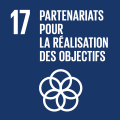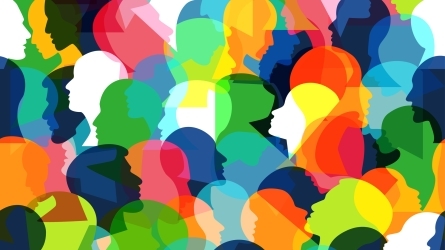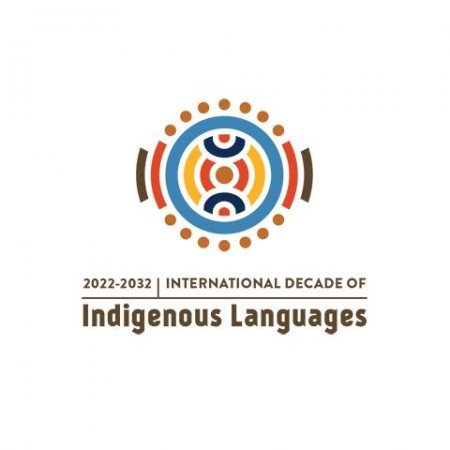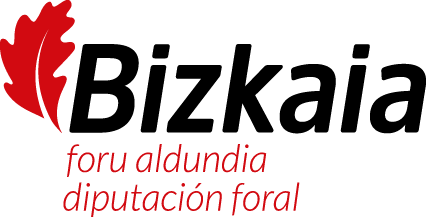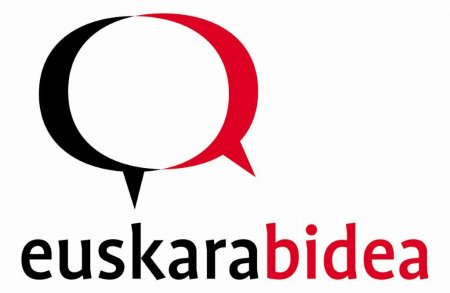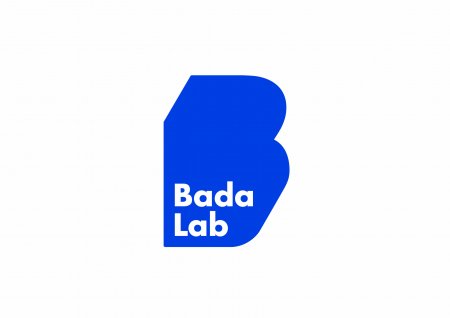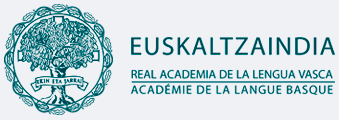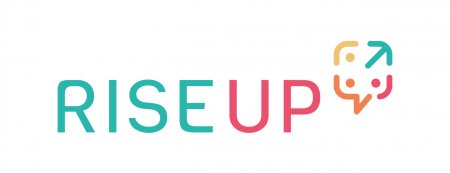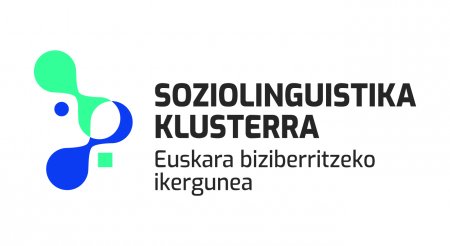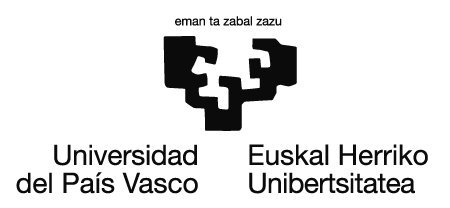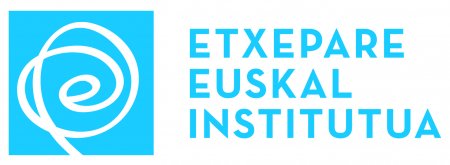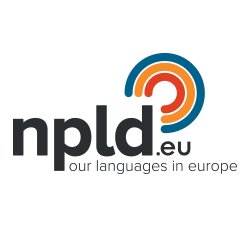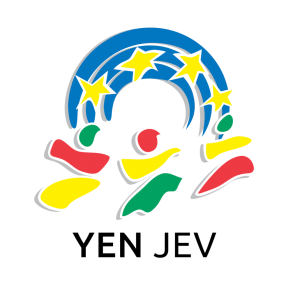HIGA! 2023: 4th Summit of Young Speakers from Minoritized Languages
Description
On the one hand, the key to the future of minoritized languages will be that new generations want to revitalize their languages. On the other hand, by working together between different language communities, you can share experiences and knowledge and build networks of cooperation. There are many ways to train and activate youngster in language revitalization, for example, a four-day summit organized by and for young people.
Objectives
To offer young Basque speakers of Vitoria-Gasteiz and the Basque Country the opportunity to know language activistss from all over the world and to establish relations for the future.
Promote linguistic cooperation between different communities around the world as a means of linguistic revitalization.
Youth activation and training space, combining the academic area with other areas.
Activity directed to
- All public
- University student
- Students not from university
- Professionals
- Young speakers from all over the world
Organised by
In collaboration with
Directors

Beñat Garaio Mendizabal
Biziherri IGB, Koordinatzailea
PhD Cum Laude at the University of the Basque Country. His career has focused on research on the revitalization and sociolinguistics of minority languages (he has about 60 presentations and 60 scientific publications) and has focused on organizing awareness and promotion activities in these two areas (such as HIGA) . He has won five research awards, the lasts being the Eusko Ikaskuntza Laboral Kutxa Gaztea Award and the Koldo Mitxelena Award for the best thesis in Basque.
Speakers

lorea agirre agirre
Jakin, Zuzendaria
Lorea Agirre Dorronsoro (Beasain, 1968) Informazio Zientzietan lizentziatua da eta Antropologia Kulturalean master duna. Lanbidez, kazetaria da, Argia, Euskaldunon Egunkaria eta Berria-n aritutakoa urte luzez, eta egun, Jakin aldizkariko zuzendaria da. Irakasle ere izan da Mondragon Unibertsitateko Huhezi fakultatean eta baita EHUn ere. Bere ikerketa gai nagusiak hizkuntza, kultura eta komunitatearen arteko loturak dira, betiere genero ikasketen markoan. 'Trikua esnatu da. Euskaratik feminismora eta feminismotik euskarara' (Susa, 2019) da bere azken liburua, Idurre Eskisabel Larrañagarekin lau eskutara idatzia. 'Gezurra ari du. Egunkariaren itxieraren kronika' eta Rosa Luxemburg eta Joxemi Zumalaberen biografia bana ere argitaratuak ditu

Chaimae Benlemchkraf

Silvia Cebolla Civil
Lengua aragonesa

June Fernández Casete
June Fernández Casete (Bilbao, 1984) es periodista de formación, oficio y vocación. Fundadora de Pikara Magazine, colabora regularmente tanto con esta revista feminista como con la revista ARGIA. Ha recopilado en el libro 'Abrir el melón' sus textos más significativos, entre los que destaca "Yo quería sexo, pero no así" (2013), sobre consentimiento sexual, reconocido con el Premio Colombine de la Asociación de Periodistas de Almería. Ha facilitado numerosos espacios formativos sobre tratamiento informativo a las violencias machistas, para periodistas y personal político. Es autora del capítulo sobre análisis mediático de la publicación de Mugarik Gabe "Flores en el asfalto. Causas e impactos de las violencias machistas en las vidas de mujeres víctimas y supervivientes". En la actualidad, trabaja en la Asociación de Mujeres Gitanas de Euskadi (AMUGE).

Beñat Jusué

Tymoteusz Krol Kaiser
Association "Wilamowianie"

Hector Josue Martinez Flores
Timumachtikan Nawat

Mariona Miret Giribet
Mariona Miret Revitalització lingüística

Mamadou Moussa

Ane Murua Mugica

Gabrièu Pelisson
Parpalhon Blau

AINHOA RUIZ DE ANGULO MARQUEZ
ZEINU KAXA S.C

Ayoub Zahraoui

Gemma Sanginés Saiz
Psikologoa, Salamancako Unibertsitatean litzenziatua. Kirol psikologian (UNED) eta Jokaeraren aldaketan (CENTRO KANTOR, Salamanca) masterrak. Ikertzeko nahikotasuna (Universidad de Salamanca) Hiztun gutxituen jokaeran aditua. Hizkuntza Asertibitatean lan egiten du 2003. urtetik. TELP (Taller d’espai lingüístic personal) sortzailetako bat. Irten Hizkuntzaren armairutik (2015) liburua idatzi du, Ferran Suay-rekin batera.
Registration fees
| Registration | Until 17-07-2023 |
|---|---|
| 0 EUR | |
| 50,00 EUR |
Venue
Montehermoso kulturunea
Helbidea: Frai Zacarias Martinez, 2 01001 Gasteiz
Araba
Montehermoso kulturunea
Helbidea: Frai Zacarias Martinez, 2 01001 Gasteiz
Araba
Sustainable development goals
Agenda 2030 is the new international development agenda approved in September 2015 by the United Nations. This agenda aims to be an instrument to favour sustainable human development all over the planet, and its main pillars are the eradication of poverty, a reduction in equality and vulnerability and fostering sustainability. It is a unique opportunity to transform the world up to 2030 and guarantee human rights for all.

17 - Partnerships for the goals
Strengthen the means of implementation and revitalise the World Alliance for Sustainable Development. Key issues: mobilisation of resources, 0.7% of GDP for official overseas development aid, finances, cooperation in technology and innovation, ecologically rational technologies, skills building, universal and multilateral trade system, coherence on the legislative and institutional levels, availability of data, supervision, indicators and accountability.
More information